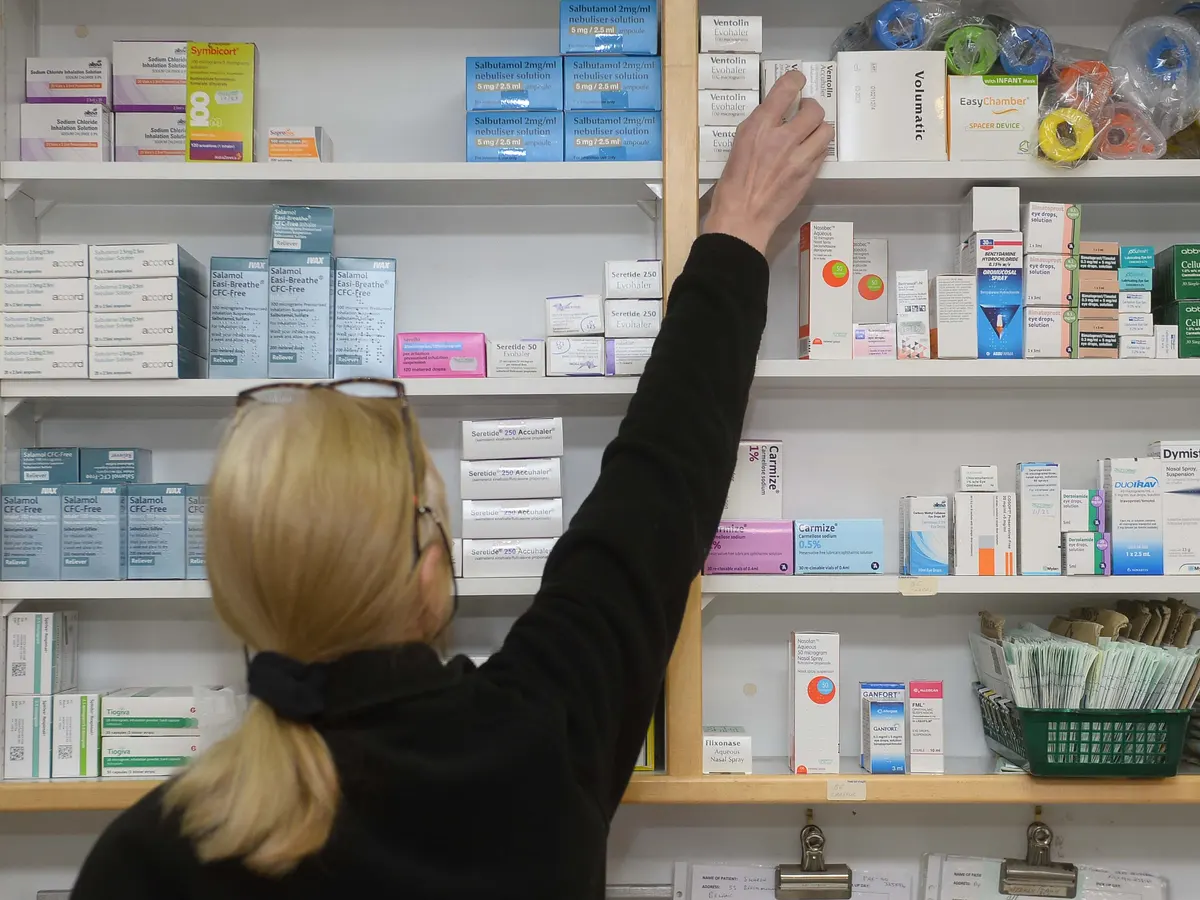As European nations join forces to build a reserve of 200 critical drug supplies, the UK is grappling with the looming challenge of more frequent shortages. Generic medicines, constituting 80% of NHS prescriptions and saving £15 billion yearly, play a crucial role in the UK’s healthcare system. Despite their importance, the country is facing hurdles in maintaining a robust supply chain for generic drugs, leading to an uptick in shortages.
A significant hurdle is the declining efficiency of the Medicines and Healthcare Products Regulatory Agency (MHRA). Due to budget constraints, the time required to address routine licensing changes has surged from one year to a frustrating two-and-a-half years. This delay is hindering companies attempting to restock during shortages, exacerbating the problem.
Post-Brexit challenges, government pricing strategies, and a lack of acknowledgment regarding the significance of generic medicines are collectively making the UK a more challenging environment for global pharmaceutical companies. Consequently, securing access to medicines, ranging from everyday essentials to life-changing treatments, is becoming increasingly complicated.
In light of these challenges, a pertinent question arises: Why hasn’t the UK ventured into manufacturing its own drugs? Establishing a pharmaceutical facility under NHS administration for producing generic drugs could potentially make economic sense. Such a move might enhance the nation’s self-sufficiency in manufacturing essential medicines, offering a potential solution to the current supply chain issues.















































